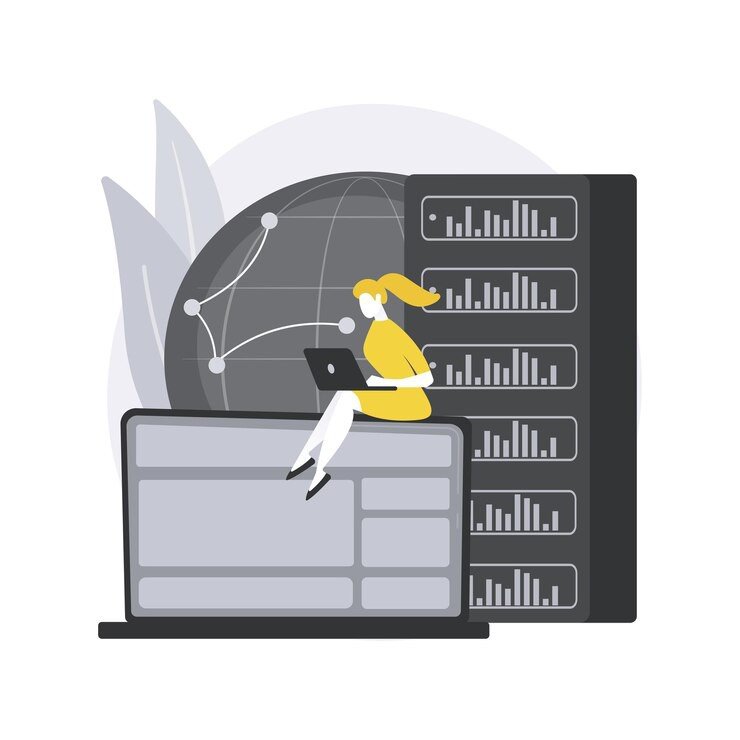
Proxies are essential tools for a variety of online tasks, providing anonymity, security, and the ability to bypass restrictions. However, selecting the right proxy provider is crucial to ensure optimal performance and reliability. In this article, we’ll discuss the key factors to consider when choosing a proxy provider and the various tasks that different types of proxies and providers can address.
Table of Contents
ToggleWhy You Need a Reliable Proxy Provider
A proxy acts as an intermediary between your device and the internet, masking your IP address and routing your requests through its servers. This makes proxies invaluable for tasks such as web scraping, data privacy, accessing geo-restricted content, and more. However, the quality and performance of proxies depend largely on the provider. A subpar provider can lead to slow speeds, frequent disconnections, or even IP bans. This makes it essential to choose your provider wisely.
Factors to Consider When Choosing a Proxy Provider
1. Proxy Types Offered
There are several types of proxies, each suited to specific tasks:
Residential Proxies: Use IPs assigned by Internet Service Providers (ISPs). Ideal for web scraping, market research, and accessing geo-restricted content.
Datacenter Proxies: Provide high-speed IPs that are not tied to ISPs. Best for bulk tasks like managing multiple social media accounts.
Mobile Proxies: Use IPs assigned to mobile devices. Perfect for tasks requiring high trust, like managing sensitive accounts or app testing.
Shared vs. Dedicated Proxies: Shared proxies are more affordable but less reliable, while dedicated proxies are exclusive and offer better performance.
Choose a provider that offers the type of proxy suited to your intended task.
2. Location Coverage
Ensure the provider has IPs in the regions you need. For instance, if you’re conducting market research in Europe, having proxies located in European countries is essential. Comprehensive location coverage allows you to target audiences and bypass regional restrictions effectively.
3. Speed and Bandwidth
Slow proxies can hinder productivity, especially for tasks requiring high-speed connections like streaming or large-scale data scraping. Look for providers that guarantee high-speed proxies and offer sufficient bandwidth to meet your needs.
4. Reliability and Uptime
Downtime can disrupt your operations, leading to missed opportunities or interrupted workflows. A reliable provider will have a high uptime percentage (preferably 99.9%) and robust infrastructure to handle heavy traffic without compromising performance.
5. IP Pool Size
A larger IP pool reduces the chances of IP bans and ensures smoother operations. Providers with millions of IPs are better equipped to handle tasks like web scraping or ad verification on a large scale.
6. Security and Privacy
Security is paramount when using proxies. Choose a provider that offers encrypted connections to protect your data and does not log your activity. Transparent privacy policies and secure payment options are indicators of a trustworthy provider.
7. Customer Support
Responsive customer support can make a significant difference when you encounter issues. Look for providers with 24/7 support via live chat, email, or ticket systems.
8. Pricing and Plans
Proxy pricing can vary widely based on the type and quantity of proxies needed. Compare providers to find a balance between cost and quality. Beware of providers offering overly cheap proxies, as these may compromise on performance or security.
Use Cases for Proxies
1. Web Scraping
Proxies are widely used in web scraping to collect data without triggering anti-bot measures. Residential proxies are particularly effective, as they mimic real user behavior.
2. Ad Verification
Advertisers use proxies to verify that their ads are displayed correctly across different regions and platforms. Datacenter proxies are often sufficient for this task.
3. Social Media Management
Managing multiple social media accounts requires proxies to avoid bans. Mobile proxies or dedicated residential proxies are ideal for maintaining account security.
4. E-Commerce and Sneaker Bots
Proxies help users secure limited-edition products by bypassing restrictions and avoiding detection. Fast datacenter or residential proxies are preferred for these high-demand tasks.
5. Accessing Geo-Restricted Content
Streaming enthusiasts and researchers use proxies to access content restricted to specific regions. Residential proxies with diverse location coverage are the best choice.
6. Cybersecurity and Privacy
Proxies provide an added layer of anonymity and security, protecting users from tracking and data theft. Both residential and mobile proxies offer excellent privacy features.
Conclusion
Choosing the right proxy provider is essential for achieving your goals efficiently and securely. Focus on the type of proxies offered, location coverage, speed, reliability, and security. Consider your specific use case to determine whether residential, datacenter, or mobile proxies are best suited for your needs.
By evaluating providers against these criteria, you can select a proxy service that delivers the performance and reliability required for your tasks. Whether you’re conducting web scraping, managing social media accounts, or accessing geo-restricted content, the right proxy provider will ensure a seamless and efficient experience.